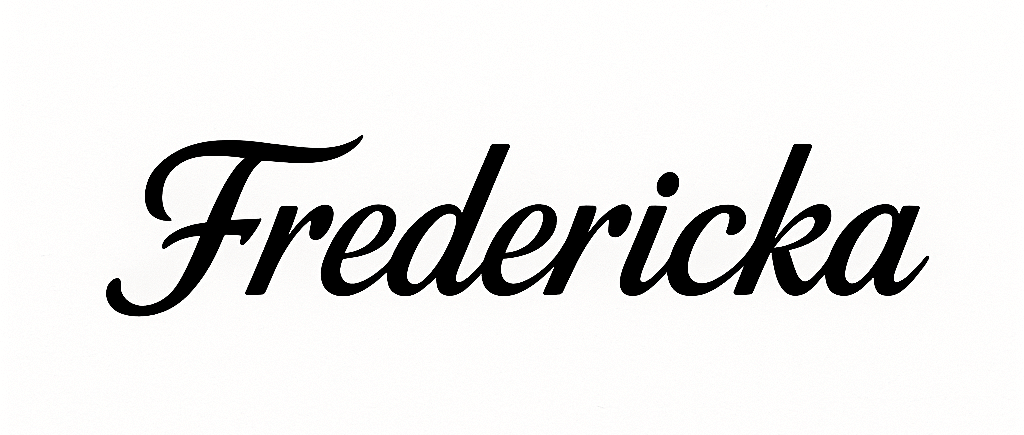LAW TIP
If you buy secondhand goods from a seller who sells them as part of their business, and you tell them what you need it for, you can get a remedy in court if the goods are not fit for that purpose.
QUOTE FROM JUDGEMENT
“It is therefore an erroneous statement of the law of Ghana, and of England, to say that in all cases a buyer of used or secondhand goods has no redress if the goods fail to meet the quality and fitness for the purposes for which the buyer required them. The grounds for the condition as to fitness for purpose to be applicable are that the seller should sell the goods in the normal course of his business and the buyer should have made the seller aware of the purpose for which he requires the goods.” Andreas Bschor Gmbh & Co Kg Vrs Birim Wood Complex Ltd and Another CIVIL APPEAL: NO.J4/9/2015 (22 ND MARCH 2016)
LAW TIP
In law, a machine is ‘fit for purpose’ if it works safely for a reasonable time, based on its condition(new/used), known defects and the seller’s assurances.
QUOTE FROM JUDGEMENT
“What the authorities show is that a machine is said to be fit for purpose if it is able to perform the task for which it was acquired safely and for a reasonably period before major defects appear. What is reasonable period will depend on the condition of the machine, whether new or used, whether any defects were disclosed by the seller, the level of assurance given by the seller, etc. So it is a question of fact to be determined by the court on a case by case basis. See Yerinkyi v Tormekpe”- Andreas Bschor Gmbh & Co Kg Vrs Birim Wood Complex Ltd and Another CIVIL APPEAL: NO.J4/9/2015 (22 ND MARCH 2016)
LAW TIP
An appeal is a full rehearing where the appellate court reviews all the evidence and decides if the lower court’s findings were correct. If found to be incorrect, the appellate court overturns it. ANDREAS BSCHOR GMBH & CO KG v BIRIM WOOD COMPLEX LTD & ANOR (J4/9/2015) (22/3/2016)
QUOTE FROM JUDGEMENT
“It is well-settled that an appeal is by way of rehearing and this means an appellate court is required to review the whole evidence on the record of appeal and come to its own conclusion whether the findings both of law and facts by the court below were properly made. Where the appellate court comes to the conclusion that findings of fact by the court below are not supported by the evidence on the record or where the findings are perverse, then it may set those findings aside. Another ground on which an appellate court will set aside findings and conclusions arrived at by a lower court is where the findings and conclusions are based on a wrong proposition of law. See the cases of ACHORO AND ANOR V. AKANFELA [1996-97] SCGLR 209and KOGLEX LTD (NO.2) V. FIELD [2000] SCGLR” – Andreas Bschor Gmbh & Co Kg Vrs Birim Wood Complex Ltd and Another CIVIL APPEAL: NO.J4/9/2015 (22ND MARCH 2016)
LAW TIP
In Ghana, the Sale of Goods Act, 1962 is the primary legal authority in the sale of goods cases. Common law and equity rules only apply if they don’t conflict with the Act.
QUOTE FROM JUDGEMENT
“As we consider this appeal it bears reminding ourselves that the Sale of Goods Act, 1962 is the main source of our law as far as contracts for Sale of Goods are concerned and that the rules of the common law and equity are subservient to the statutory provisions.” – Andreas Bschor Gmbh & Co Kg Vrs Birim Wood Complex Ltd and Another CIVIL APPEAL: NO.J4/9/2015 (22 ND MARCH 2016)
